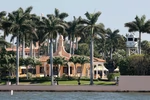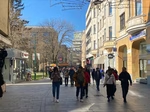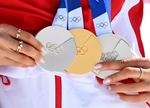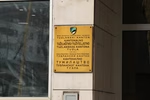Does Bosnia need a luxury tax?
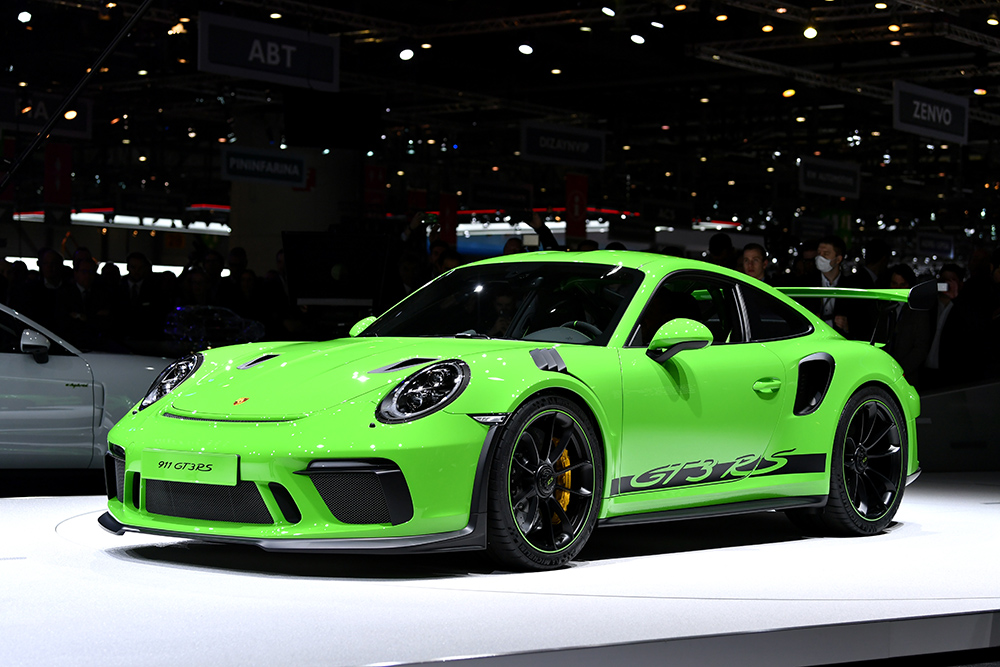
Some Bosnian citizens were wealthy enough to buy a half-a-million mark (around € 250,000) Porche car and pay additional 75,000 marks (around € 40,000) in taxes in 2018. Last year, Bosnian citizens also imported cars worth more than 900,000 marks (some € 450,000). The State collected nearly 200,000 marks (approx. € 98,000) from the VAT which is 17 percent.
Oglas
Officials from the indirect tax field say they would conduct a tax reform through direct taxes.
"Those cars could be taxed through excise tax or through direct taxes," head of the Indirect Taxation Authority (UIO BiH) Miro Dzakula said.
However, economist Zoran Pavlovic said Bosnia needs a differentiated tax rate for luxury on the one hand, and drugs, food with others necessities on the other.
Oglas
"Cars, gold and other luxuries are taxed at the same rate as drugs. Initiatives for tax reform exist and so do analyses. We’re in a situation where we have to change something. At least to tax luxury items more than drugs and necessities," Pavlovic said.
He added this would be an attempt to decrease the class gap.
But Goran Radivojevic from the Banja Luka Economy Faculty said he does not believe the luxury tax would fill the budget. He recalled the infamous 2012 French law when all the all the millionaires were taxed with 75 percent tax, causing many French citizens to move our or take other countries’ citizenship.
"Bosnia doesn’t have many wealthy people. Yes, we do have some luxury imports, but we can’t say the tax would provide some significant benefits for the budget," he added.
Oglas
Many foreign researches, as well as the Forbes lists, speak of rich Bosnians. The numbers say that Bosnia has 500 millionaires and more than 90 multi-millionaires.
Kakvo je tvoje mišljenje o ovome?
Učestvuj u diskusiji ili pročitaj komentare
Oglas
Kakvo je tvoje mišljenje o ovome?
Učestvuj u diskusiji ili pročitaj komentare
Oglas
NAJČITANIJE
Oglas
Oglas
Najnovije
Oglas
Oglas





 Srbija
Srbija
 Hrvatska
Hrvatska
 Slovenija
Slovenija
















